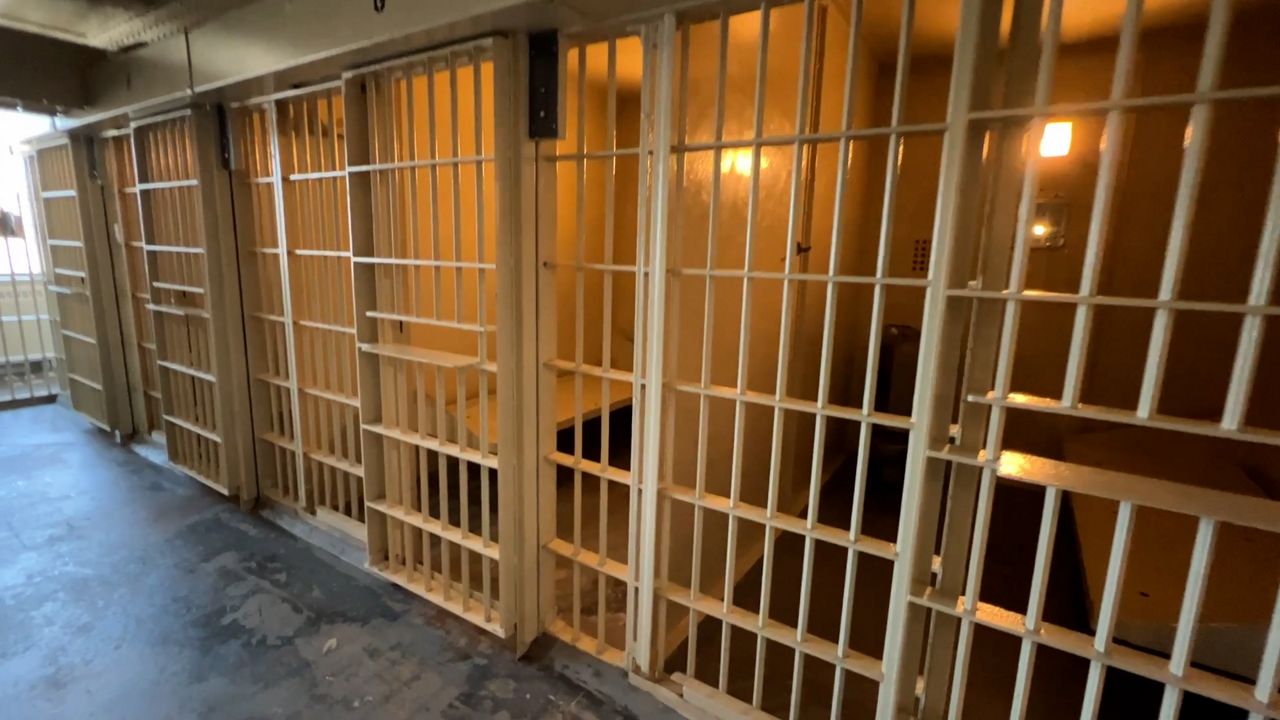The finalized measure that would automatically seal millions of criminal records in New York may have satisfied the concerns of Gov. Kathy Hochul.
The governor, speaking in Buffalo earlier on Monday, signaled the legislatively approved measure is "much closer to what I've asked for" when it comes to exceptions for crimes like murder and rape.
"I proposed it before, but I want to make sure we have the particular safeguards so individuals who were accused of very serious crimes aren't included," Hochul said.
She did not, however, indicate whether she would sign it. Hochul pointed to the hundreds of bills heading to her desk (many are nowhere near as closely watched, or as controversial as the records sealing measure).
"My responsibility as the governor is to make sure we review every single one of them," Hochul said. "I won't be saying at this moment, but we worked very closely to balance the needs of these individuals to literally have another shot in life."
Known as the Clean Slate Act, the bill was approved by both chambers of the Legislature as the legislative session wound down last week. As many as 2.5 million criminal records would automatically be sealed, though law enforcement organizations would still have access.
Felony convictions would be sealed eight years after a sentence ends and three years after a misdemeanor sentence is completed.
The bill has been a long-sought goal for criminal justice advocates in New York after a string of victories on issues like ending cash bail for many criminal charges as well as changes to evidentiary discovery.
Supporters have argued the measure is needed in order to aid people post conviction find work or housing.
Some district attorneys in New York state have opposed the measure, questioning the administrative cost of the move as well as the effect it could have on public safety.


